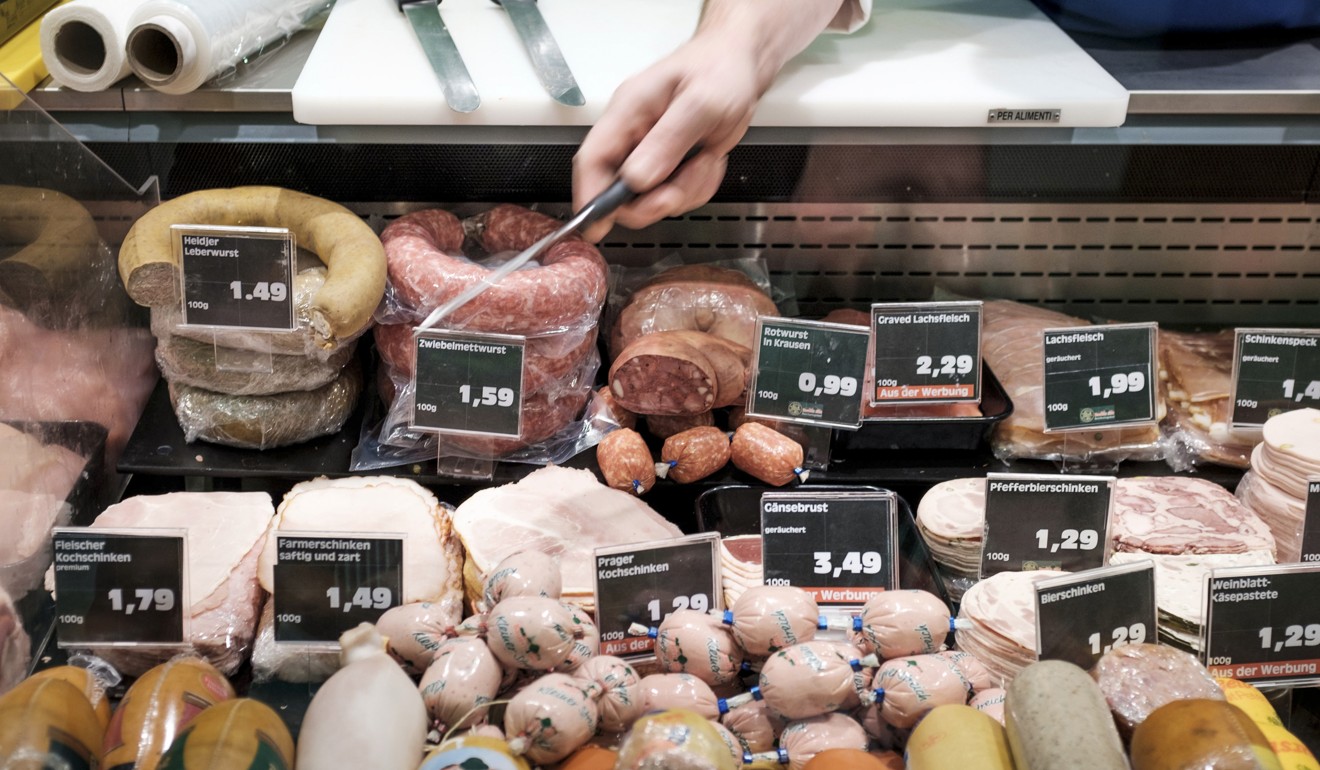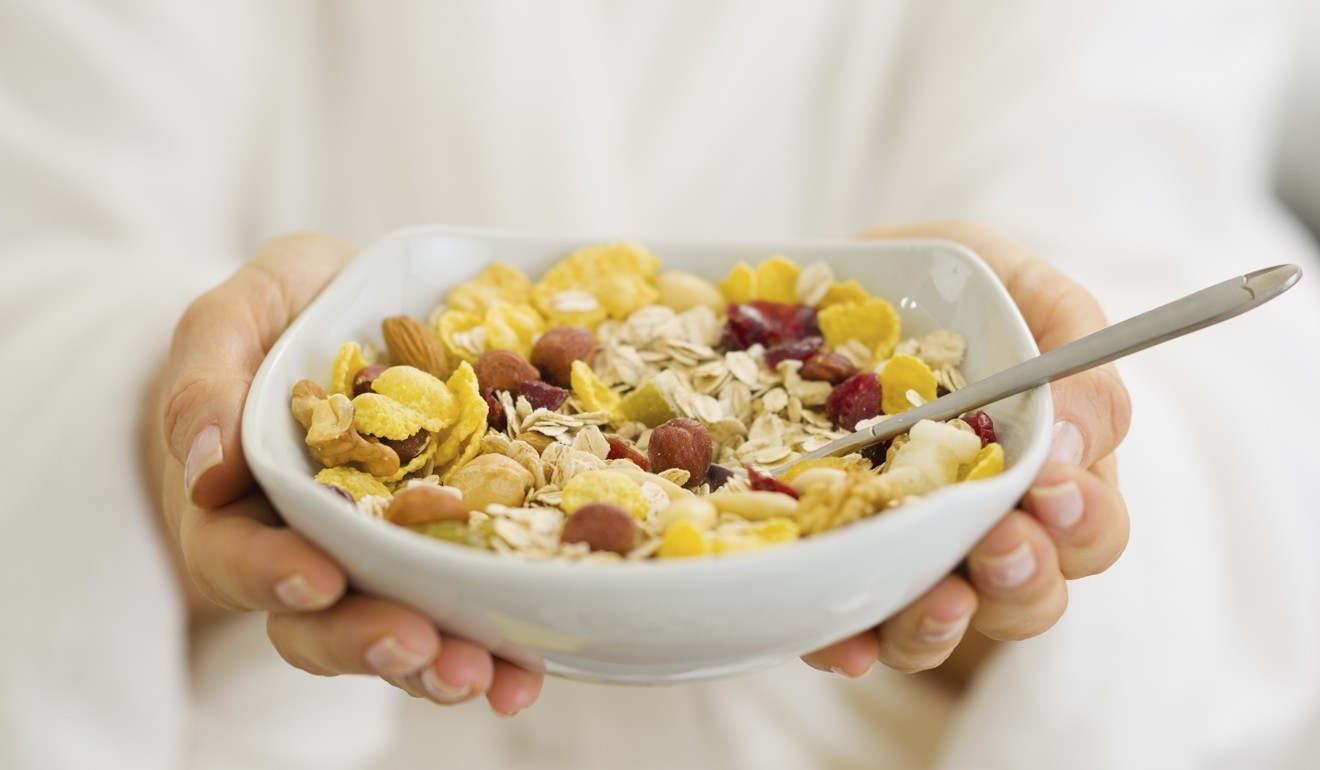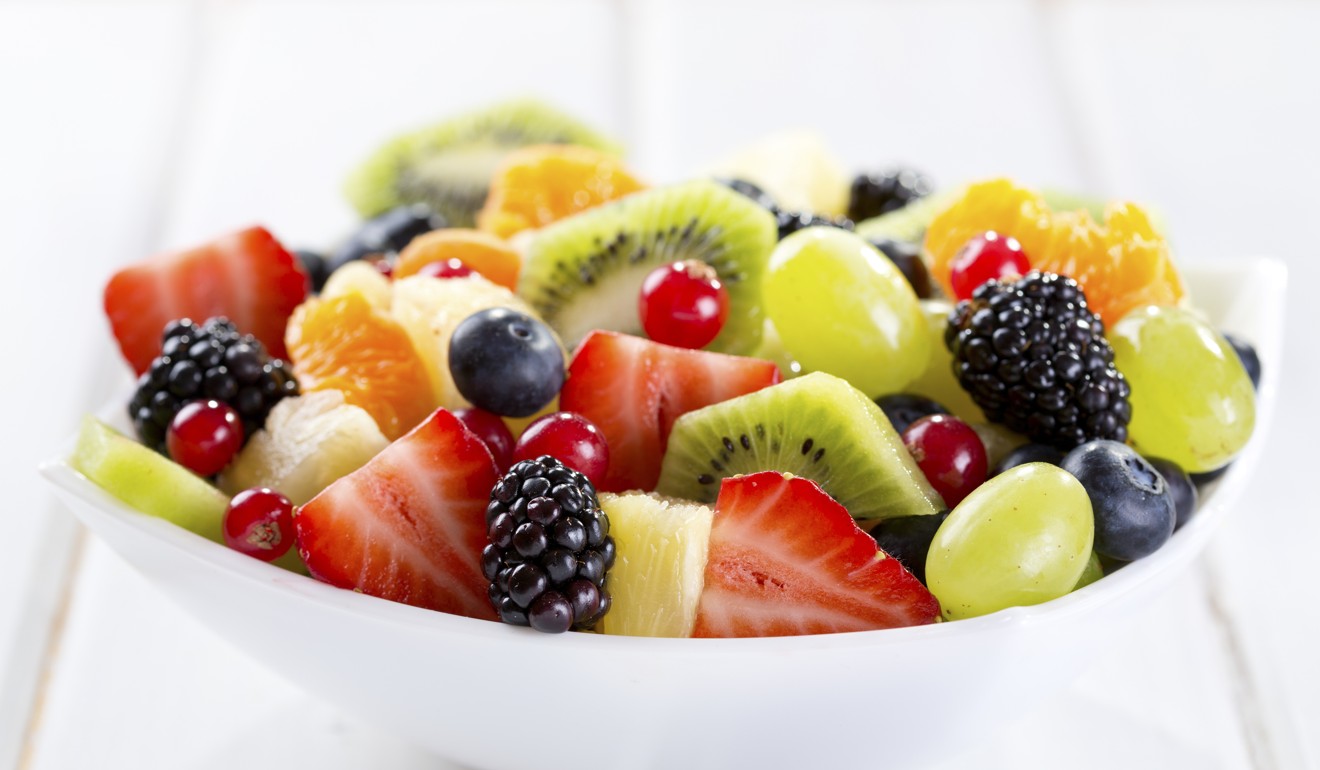
Four simple and effective ways to reduce colorectal cancer risk
These basic changes to your diet and lifestyle can increase your body’s defences against one of Hong Kong’s most common and deadly cancers
Good news: preventing colorectal cancer – one of the most common and deadly cancers in Hong Kong – is simpler than you might think. Bad news: the number of cases of colorectal cancer is on the rise.
Cases have been increasing over the past three decades, according to the Department of Health, to overtake lung cancer and became the most common cancer in Hong Kong in 2011, 2013 and 2014. In 2014, there were 4,979 newly diagnosed colorectal cancer cases, accounting for 16.8 per cent of all new cancer cases.
Colorectal cancer was the second leading cause of cancer deaths in Hong Kong in 2015, which resulted in a total of 2,073 registered deaths and accounted for 14.5 per cent of all cancer deaths.
Colorectal cancer does not discriminate, and even seemingly healthy people can develop the disease. Major risk factors include obesity, lack of physical activity, frequent and high consumption of red and processed meat, low intake of dietary fibre, alcohol use, and smoking. Making minor changes in your diet and daily life and implementing a healthy lifestyle can prevent or reduce the risk of developing colorectal cancer.

1. Limit consumption of red and processed meats
Studies have identified carcinogens (cancer-causing agents) not only in processed meat, but also in a diet that is rich in red meat such as beef, pork, lamb and veal. The International Agency for Research on Cancer has classified processed meat as a carcinogen and red meat as a probable carcinogen (something that probably causes cancer). Processed meats may be smoked, cured, salted, or made with nitrites, all of which may raise the amount of carcinogens in the body.
One in four Hongkongers eats more than twice too much red meat daily, survey finds
Carcinogens are also produced when red meat is burned during the cooking process. Consider alternative sources of protein such as poultry, low-fat dairy products, legumes, and fish. Limit the total amount of red meat you eat in a week to no more than 500 grams and opt for healthy alternatives such as chicken, fish, beans, lentils, eggs, nuts, seeds and nut butters. Minimise consumption of all processed meats, even those such as nitrite-free bacon and turkey hot dogs.

2. Get lean
Excess body fat, especially around the abdomen, causes several metabolic changes that create an environment in the body conducive to cancer growth and development. According to a meta-analysis by researchers in the Department of Surgery of two different hospitals in Shanghai, people who are obese are about 30 per cent more likely to develop colorectal cancer than those of normal weight. Being overweight or obese can cause insulin resistance, leading to higher insulin levels in the blood.
Tests reveal high rate of colorectal cancer among elderly Hong Kong people
One effect of insulin is to activate cell-signalling pathways that promote cell growth, which also includes the growth of cancer cells. Doctors often use waist measurements to assess body fat and health risk, with a cancer-risk threshold of 80cm for women and 94cm for men, according to the Centres for Disease Control and Prevention. Balancing caloric intake from food and drinks with physical activity can help maintain weight. To avoid gaining weight, limit high-calorie foods and drinks, cut back on food portions, limit high-calorie snacks, and engage in regular physical activity. For optimal health, the WHO recommends healthy adults do at least 150 minutes of moderate-intensity aerobic physical activity or at least 75 minutes of vigorous-intensity aerobic physical activity or an equivalent combination of moderate- and vigorous-intensity activity throughout the week.

3. Load up on fibre
The World Cancer Research Fund classifies dietary fibre as probably protective against colorectal cancer. Fibre is the indigestible matter found in plant-based foods such fruits, vegetables, grains and legumes. Recent research suggests that fibre from whole grains, fruits, and vegetables can decrease the risk of colorectal cancer. Fibre adds bulk to the stool as it absorbs water; a soft, bulky stool stimulates the walls of the colon to move waste through quickly and easily. Cancer-causing agents that spend more time in contact with the bowel lining increase colorectal cancer risk. Bacteria in the colon produce toxic waste and colon cancer may be linked to prolonged exposure to these toxins. Timely and regular elimination of waste is always recommended. For adults, a daily intake of 20 grams to 35 grams of fibre from food is recommended. According to results from the European Prospective Investigation into Cancer and Nutrition study, an increased intake of fruit and vegetables may lower the risk of colorectal cancer. Be sure to eat at least at least five servings of fruit and vegetables daily.

4. Restrict all alcoholic drinks
According to the International Agency for Research on Cancer, alcohol is a Group 1 cancer-causing agent and is best avoided. According to the Dietary Guidelines for Americans, moderate alcohol consumption is defined as having up to one drink a day for women and up to two drinks a day for men. A standard drink is equal to 14 grams of pure alcohol. Generally, this amount of pure alcohol is found in 340ml of beer (5 per cent alcohol content), 140ml of wine (12 per cent), 42ml or a “shot” of 80-proof (40 per cent) distilled spirits such as gin, rum, vodka and whisky.
How to spot symptoms of colorectal cancer, the second most common cancer in Hong Kong
What else?
Incorporate more of the following foods into your daily diet to help prevent colorectal cancer and a host of other diseases:
• Whole grains: daily intake of three servings of whole grains is associated with a 20 per cent lower risk of colorectal cancer. Fibre is important but so are other components of whole grains. According to Professor Emeritus Dr Julie Miller Jones at St Catherine University in Minnesota, each increase of 10 grams of fibre a day is linked to a 10 per cent decrease in colorectal cancer, suggesting that fibre isn’t the only cancer-protective compound. Minerals such as magnesium and phytochemicals such as betaine may also play a role.
Colorectal cancer test launching for Hong Kong’s elderly
• Folate-rich foods: folate is important to maintain healthy DNA and DNA repair and is involved in reactions that turn tumour-suppressor genes on and off. A population-based Northern Sweden Health and Disease Cohort study concluded that folate deficiency increased DNA damage by decreasing the expression of two genes involved in DNA repair. It is one of many studies that found a correlation between colorectal cancer development and inadequate folate consumption. Dark leafy green vegetables, black-eyed peas, fortified breakfast cereals, baked beans, and asparagus are excellent folate sources.

• Carotenoids-rich foods: carotenoids are the pigments that give fruits and vegetables (such as carrots, cantaloupes, sweet potatoes, and kale) their vibrant colours. Beta-carotene, lycopene, and lutein are varieties of carotenoids. They act as cancer-protective antioxidants which protect cells from free radicals, substances that work to destroy cell membranes and DNA. The more colourful your meal, the more likely it is to have an abundance of carotenoids, as well as other healthy nutrients.

